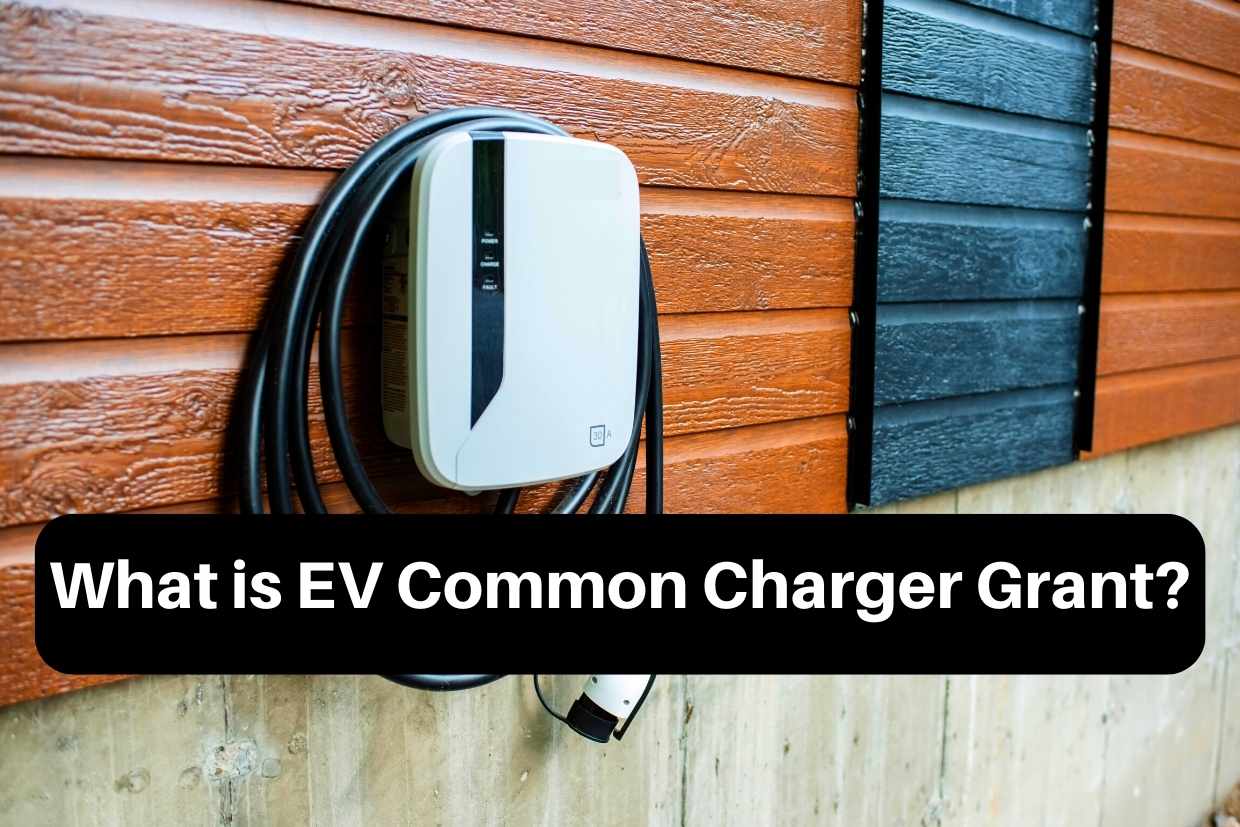Internal Combustion Engine (ICE) vehicles are expected to phase out by 2040. The whole process of reaching that point has been the Electric Vehicle (E.V.) revolution. The intention of this is to minimize overall carbon combustion in transportation by introducing more environmentally friendly cars, such as electric automobiles, to Singapore.
The Singaporean government is committed to installing over 60,000 EV charging sites over the next ten years. It will almost guarantee that there are enough charging alternatives available out there. Officials have confirmed that out of the above-mentioned 60,000 charging points, 20,000 will be installed in non-landed private dwellings, and the other 40,000 will be in HDB parking lots.
With the first Tesla shipped to Singapore just a couple of months back, the demand for more electric vehicle chargers are growing rapidly. Over 80% of electric vehicle owners charge their vehicles at home, according to the U.S. Energy Department. While the government will pay for installing electric vehicles in HDB parking lots, non-landed private residences must make arrangements. Let’s discuss that topic later in the article.
Electric Vehicle Common Charger Grant (ECCG) for E.V. charger installation
The Land Transport Authority (LTA) has introduced the Electric Vehicle Common Charger Grant to reward NLPR early adopters (ECCG). Here are some things to consider and the approximate cost before you engage a contractor to install an EV charger in your condominium or private flat.
Resolution permission from the estate’s management corporation as residents of private development is mandatory. This financial resolution would need to be approved by at least 50% of the property owners. The estate’s residents must support the installation of the E.V. charger for it to be approved, both in terms of the cost and benefits it would provide. Future eco-aware buyers who need an E.V. chargers are one type of value that electric vehicles can provide to an estate.
The Land Transport Authority of Singapore introduced the Electric Vehicle Common Charger Grant. As mentioned above, it intends to empower the installation of EV chargers in non-landed private residences (NLPRs). These places include private flats and condominiums as well.
The resident or management company should make sure it is a smart charger before installing the E.V. charger. The smart charger meets TR25:2016’s technical criteria set forth by the Singapore Standards Council (SSC). The typical A.C. supply voltages of up to 1000 V and D.C. voltages of up to 1500 V should be used for E.V. charging voltages.
When it comes to the installation of electric vehicles (E.V.) chargers, there are numerous varieties of chargers available, and each of them falls under different pricing points. Each outdoor charging spot analogous to BlueSG would have a price tag of approximately $15,000. If you find it expensive, alternatives are available that are less expensive. For example, you can go for the interior wall charging points, which would cost you only $5,000. These installation expenses would also include the labor cost of an electrician as well as the cost of wiring.
The cost of EV charger installation with EV common charger grant
With the introduction of ECCG, the government will, as previously indicated, provide financial help for installing electric vehicle chargers. The application period for the grant will begin on July 29, 2021. It will go on until December 31, 2023. Otherwise, the process will continue till 2,000 chargers have been awarded the grant. So speaking, from now where you are, you have just over one year to apply. The sooner you finish the process, the higher your chances are.
In NLPR estates, the number of electric vehicles (E.V.) chargers eligible for a grant are capped at 1% of the total number of residential parking lots. Then, you have to round up that number to the next whole number. For instance, if there are 80 lots in the dwellings, the number of electric vehicles (E.V.) chargers that are eligible for the grant are equal to 80 multiplied by 1%, which is 0.8%, which equals one EV charger. It indicates that even though our residential development only has 20 parking lots, we can still apply the ECCG with one electric vehicle charger because we meet the requirements.
EV chargers that meet the requirements for the grant will be awarded funding to pay the cost of installing the hardware. But, you will have to pay for the software. But it should be noted that only the chargers with smart charging features are considered. The award will co-fund 50% of the EVC installation prices in three upfront costs subject to an overall ceiling of $4,000 per charger. These costs include:
Owners of the chargers, whether they are EV Charging operators or owners of NLPRs, may ask for ECCG to fund 50% (up to a maximum of $4,000) of three upfront costs associated with EV charger installation. These costs include:
- The system used for charging
- Work fees of the electricians
- Costs incurred for the installation process
Conclusion
With the intention of increasing the development of shared charging infrastructure in non-landed private houses, the Land Transport Authority (LTA) of Singapore has introduced the Electric Vehicle Common Charger Grant (ECCG).
To succeed, the ECCG will partially fund the installation expenses of two thousand electric vehicle chargers at NLPRs. It is because NLPRs comprise a sizable fraction of Singapore’s residential population. Therefore, this initiative will enhance charger provision, and it is an essential step toward expanding the reach of Singapore’s national electric vehicle charging network. During the decisions taken by the Committee of Supply in 2021, the government had set a goal to deploy 60,000 electric vehicle charging points by 2030. Of this total, 20,000 will be located in private premises such as NLPRs, and 40,000 will be in public car parks.
The ECCG will be accessible until December 31, 2023, or until a total of 2,000 charges have been supported by co-funding, whichever comes first. Those interested can submit their applications through the Government’s Business Grants Portal.


